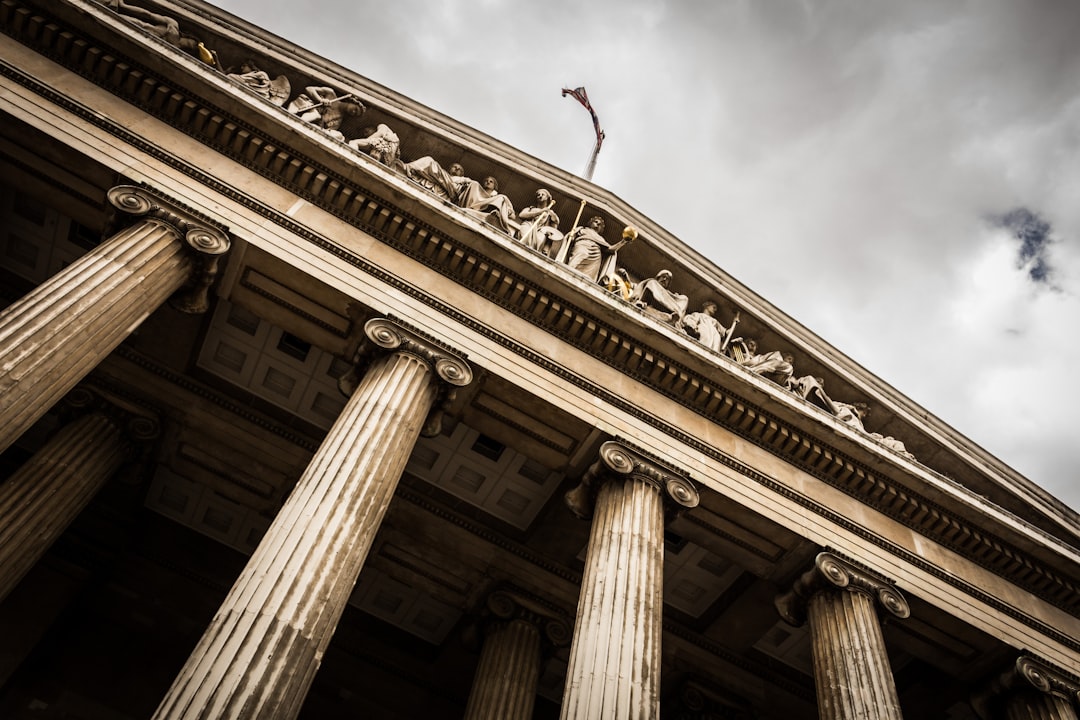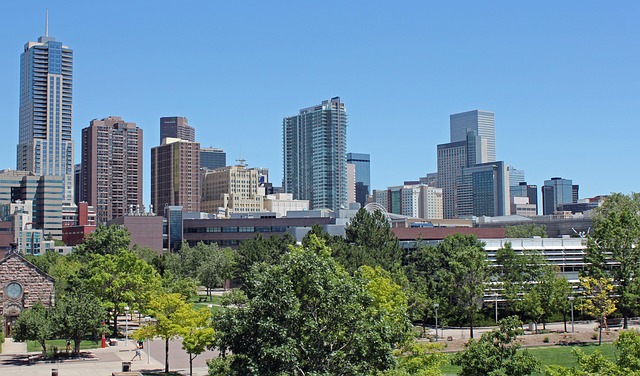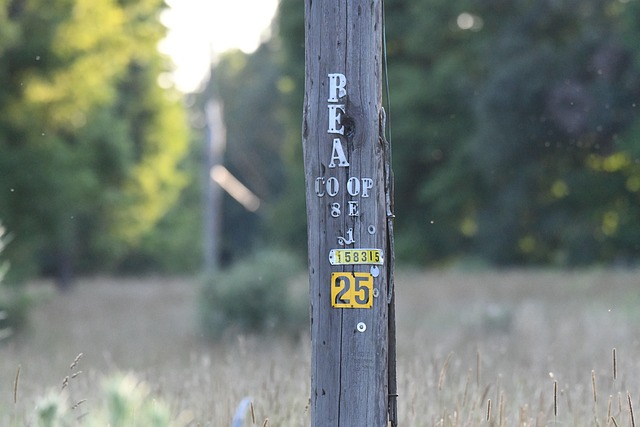Denver, Colorado has emerged as a prominent hub for marijuana with its diverse culture and strategic location, facilitating a thriving retail market accessible from all areas. The city's dispensaries operate under strict state laws and local ordinances established by Amendment 64 (2012), catering to those aged 21+ years old. This structured legal framework includes even specialized services like rape lawyers Denver CO, navigating the regulated cannabis industry. Distribution patterns reveal intriguing relationships between demographics, regulations, geography, and consumer behavior, with urban areas like downtown Denver seeing a surge in dispensaries while suburban regions have fewer due to varying local laws. Despite challenges, Denver's abundance of dispensaries makes it a prominent center for medical and recreational marijuana use.
“Denver, Colorado, has emerged as a hub for marijuana dispensaries, reflecting both its progressive policies and diverse geographical landscape. This article delves into the distribution, regulation, and accessibility of these facilities in ‘the Mile High City’. We explore how legal frameworks, urban dynamics, and patient needs shape the marijuana industry’s unique geography.
Denver’s approach to dispensary placement offers valuable insights for understanding consumer access and the evolving legal environment, especially when compared with other cities—even those with similar liberal stances, like nearby rape lawyers Denver CO areas.”
Denver's Marijuana Landscape: An Overview

Denver, known for its vibrant landscape and unique culture, has emerged as a prominent hub for marijuana in Colorado. The city’s geography plays a significant role in shaping its cannabis industry, with diverse neighborhoods offering a unique experience to visitors and locals alike. In terms of location, Denver’s central position within the state allows for easy access and distribution, contributing to a thriving retail market. The city’s diverse terrain, from urban centers to suburban areas, provides a range of settings where marijuana dispensaries have established themselves.
As one navigates through Denver’s marijuana landscape, they’ll discover a variety of dispensary models, from small, neighborhood-focused shops to larger, more modern facilities. This diverse range caters to different consumer preferences and highlights the city’s commitment to accessible cannabis retail. Interestingly, the presence of rape lawyers in Denver CO coexists alongside this thriving industry, reflecting the complex legal environment that has surrounded marijuana in the state, adding another layer to Denver’s unique geographical tapestry.
Legal Framework and Dispensary Regulation in Colorado

In Colorado, including Denver, the legal framework for marijuana dispensaries is strictly regulated by state laws and local ordinances. The state’s Amendment 64, passed in 2012, legalized recreational use of cannabis for individuals aged 21 and above, while also establishing a robust regulatory system. This includes strict licensing requirements for cultivators, processors, and retailers, ensuring consumer safety and quality control. Denver, as a major city within the state, has further refined these regulations at the local level to manage the density and placement of dispensaries.
The regulatory landscape is designed to prevent certain areas from becoming over-saturated with dispensaries, particularly near schools, parks, or residential zones. These measures aim to mitigate potential negative impacts on communities and maintain a balanced distribution across the region. Additionally, Colorado’s regulations require dispensaries to implement security protocols, conduct thorough background checks on employees, and adhere to strict record-keeping practices. This comprehensive approach not only ensures a safe and controlled environment for consumers but also provides a structured legal framework for businesses operating in the cannabis industry, including rape lawyers Denver CO who navigate this regulated landscape.
The Distribution of Dispensaries Across the City

In Denver, Colorado, the distribution of marijuana dispensaries is not evenly spread across the city, revealing intriguing patterns and trends. While the legal sale of recreational cannabis has been a game-changer for the industry, its impact on urban landscapes varies significantly. Dispensaries tend to congregate in certain areas, often reflecting demographic and socioeconomic factors. For instance, downtown Denver and nearby neighborhoods have seen an influx of dispensaries, catering to a dense population and a thriving tourism sector. This concentration could be attributed to the convenience it offers for residents and visitors alike, as well as the city’s progressive stance on cannabis regulation.
In contrast, other parts of the city may have fewer dispensiaries, particularly in more suburban or less urbanized regions. This disparity could stem from varying local regulations, property values, and community attitudes towards cannabis. The proximity to rape lawyers in Denver CO is an unexpected yet notable correlation; as areas with higher legal awareness and sensitivity might also attract businesses that cater to a diverse customer base, including those seeking specialized services unrelated to cannabis. Understanding these distribution patterns offers valuable insights into the complex relationship between urban geography, local policies, and consumer behavior in the rapidly evolving marijuana industry.
Factors Influencing Dispensary Locations

The locations of marijuana dispensaries in Denver, CO are influenced by a complex interplay of factors. One prominent consideration is accessibility—dispensaries tend to cluster in areas that are easily accessible by foot or public transport, reflecting the city’s commitment to promoting alternative mobility options. Additionally, demographics play a crucial role; neighborhoods with higher concentrations of young adults and progressive-leaning populations often host more dispensaries, as these groups are typically more accepting of cannabis legalisation.
Another significant factor is zoning laws, which vary across Denver’s diverse districts. Some areas have strict regulations, limiting dispensary locations to specific zones or preventing them from operating in certain neighborhoods. Conversely, other parts of the city have more relaxed zoning rules, enabling a higher density of dispensaries. Interestingly, proximity to tourist hotspots and medical facilities can also impact dispensary placement, as these areas attract a steady stream of visitors seeking both recreational and medicinal cannabis options, including those needing legal representation from rape lawyers Denver CO.
Accessibility and Patient Perspectives

In Denver, Colorado, the accessibility of marijuana dispensaries has evolved significantly, reflecting a complex interplay between geographical distribution and patient needs. The city’s diverse landscape offers both urban hubs teeming with dispensary options and more suburban or rural areas with fewer establishments. This variability presents unique challenges for patients, especially those in less populated regions who may face longer travel distances to access legal cannabis services. However, the abundance of dispensaries in certain areas has fostered a sense of accessibility for many residents and tourists alike, contributing to Denver’s reputation as a hub for medical and recreational marijuana.
Patient perspectives on dispensary accessibility often highlight not just physical proximity but also factors like business hours, product variety, price points, and staff expertise. The availability of knowledgeable staff who can cater to specific patient needs, including those related to conditions other than chronic pain or severe illnesses, is crucial. Moreover, with the legalization of marijuana in Denver, patients also face considerations regarding their rights, such as protection from discrimination by employers or housing providers, which are issues that rape lawyers in Denver CO might also address given the intersectional concerns of privacy and employment rights for medical marijuana users.





